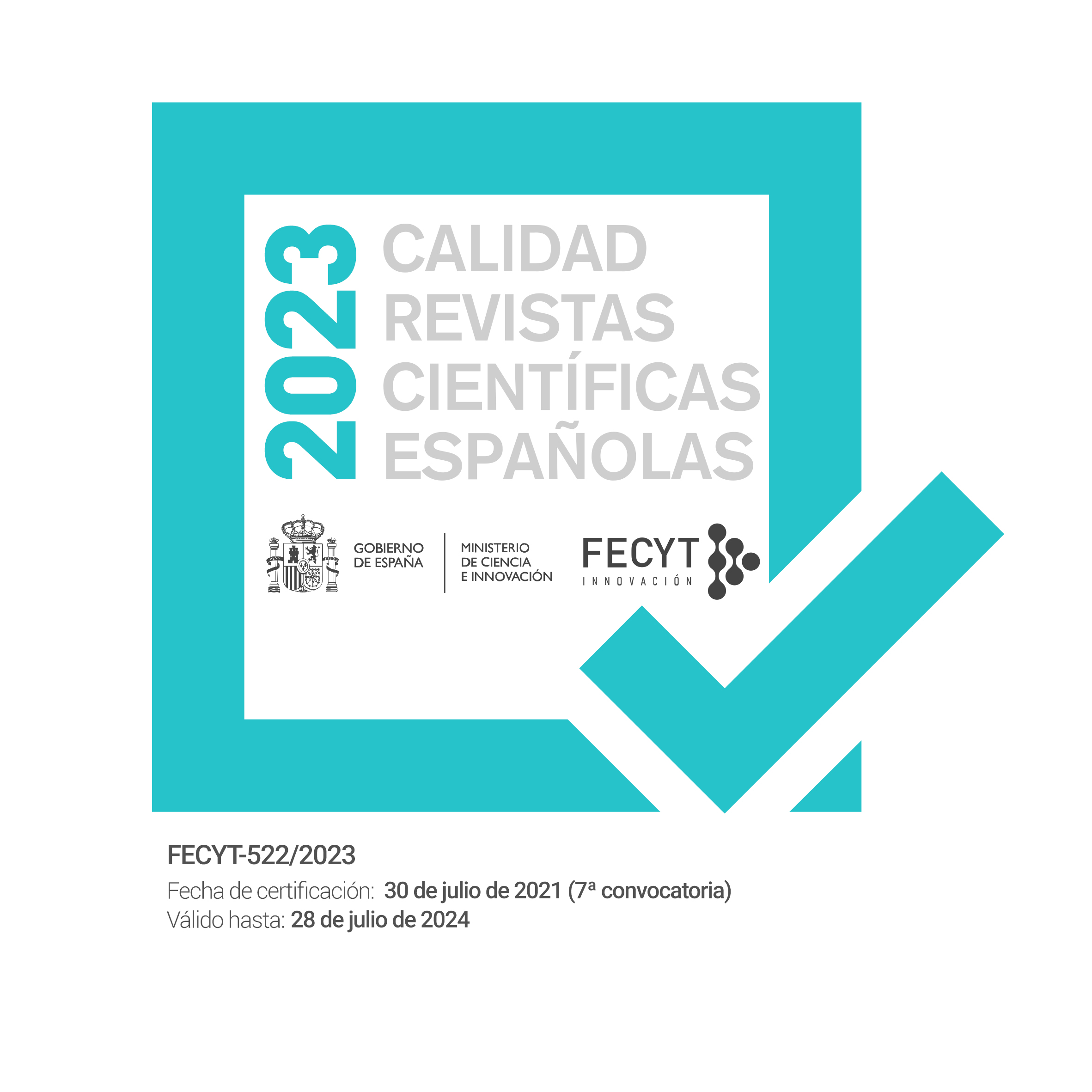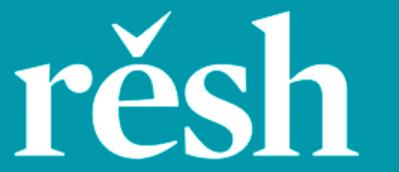EFECTOS DE LA CONVERSIÓN EN BECARIO Y CONSECUENCIAS DE LA REFORMA DEL SISTEMA DE BECAS ENTRE UNIVERSITARIOS DE CLASE OBRERA
Resumen
Este artículo analiza las experiencias y estrategias de estudiantes de bajos ingresos afectados por la reciente reforma en el sistema nacional de becas. El acceso bajo condiciones estables a ellas tiene diferentes efectos positivos –incentiva la apuesta universitaria, reduce costes de oportunidad derivados de los estudios, desincentiva la búsqueda de empleos desviantes, contribuye a neutralizar sentimientos de deuda y culpa. Sin embargo, la conversión en becario también conlleva constricciones y hándicaps. Esta clase de jóvenes, a pesar de fiarlo todo a calcular y no fallar, viven su estancia en la universidad como algo diariamente subordinado a factores externos. Los cambios en el sistema de becas multiplican estas dificultades tradicionales y generan nuevas desigualdades. Se analizan dos conjuntos de efectos negativos ya desencadenados por la reforma. El primero: autolimitaciones de proyectos formativos. El segundo: precarización de las condiciones de estudio de los becarios que afecta negativamente a su productividad académica.
Palabras claves: becarios, desigualdades educativas, evaluación cualitativa de políticas educativas
Abstract
EFFECTS OF BECOMING A SCHOLARSHIP RECIPIENT AND CONSEQUENCES OF THE SCHOLARSHIP PROGRAM REFORM ON WORKING-CLASS UNIVERSITY STUDENTS
This paper discusses the experiences and strategies developed by low income students affected by the recent reform of the national scholarship program. Accessing grants under stable conditions have a number of positive effects –motivating students to pursue university studies, reducing opportunity costs associated to this choice, discouraging job-seeking that might distract students, and contributing to neutralize feelings of guilt and debt. However, becoming a grant recipient also creates new constraints and handicaps. In spite of their efforts to calculate and to succeed, these students daily experience their performance at the university as strongly dependant on external factors. It is argued that recent changes in the national scholarship program increase these constraints and create new inequalities. Two main adverse effects associated to the reform have been identified. First, students self-limit their academic project.
Second, these students are facing worsening study conditions that adversely affect their academic performance.
Keywords: grant-holders, educational inequalities, qualitative educational policy evaluation
Texto completo:
PDFEnlaces refback
- No hay ningún enlace refback.
Revista de Sociología de la Educación - RASE
ISSN: 2605-1923 (anterior ISSN: 1988-7302)
raserevista@gmail.com

Las publicaciones de la RASE tienen Licencia Creative Commons Reconocimiento-NoComercial-CompartirIgual 4.0 Internacional.












